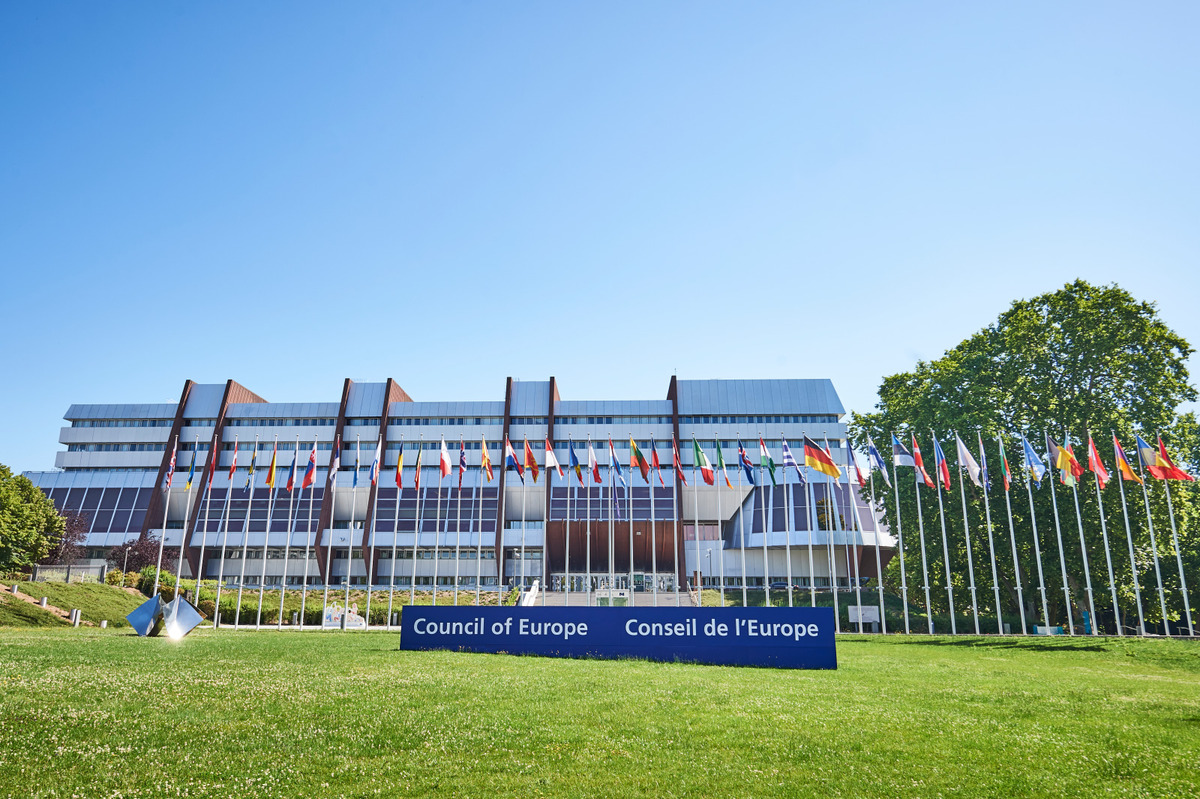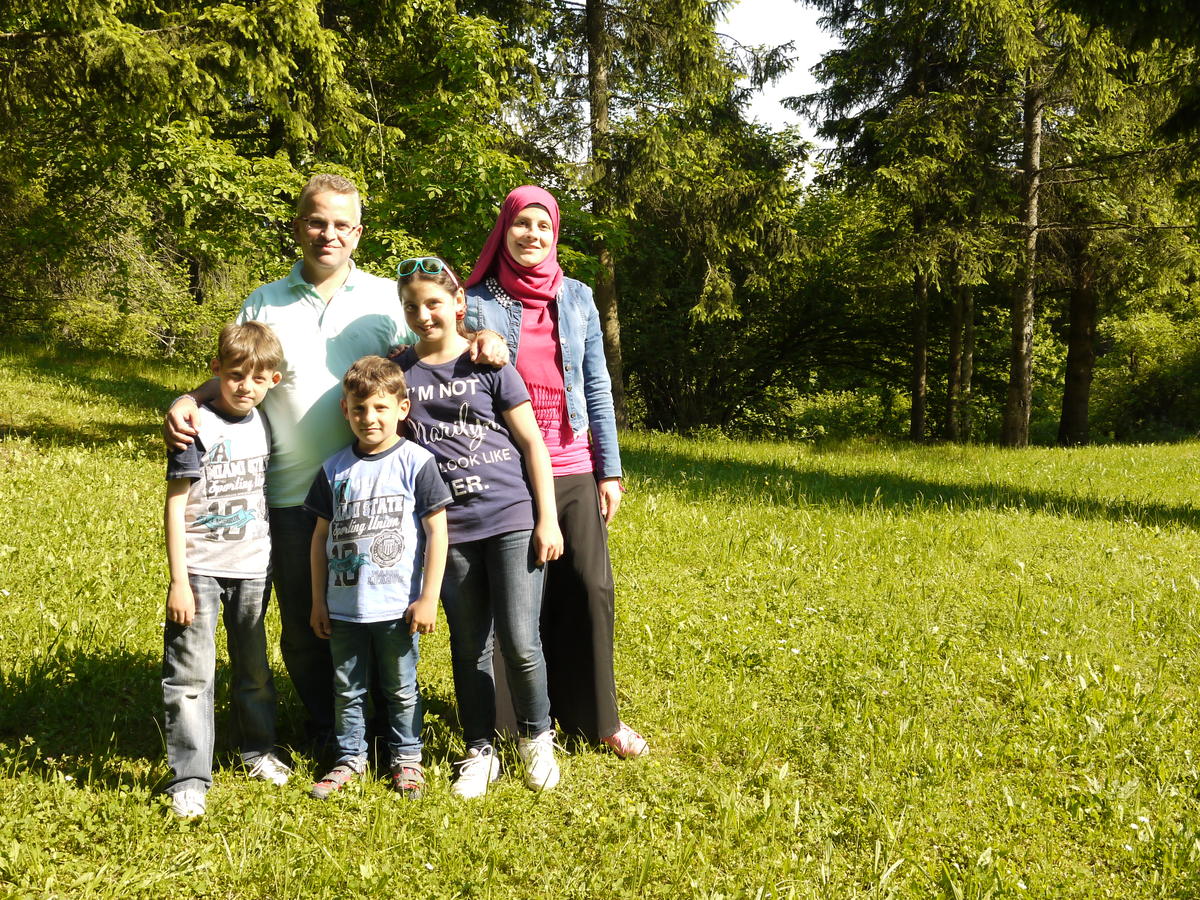UNHCR's work in Afghanistan region contributes to sharp fall in Afghan asylum applications in Europe
UNHCR's work in Afghanistan region contributes to sharp fall in Afghan asylum applications in Europe
13 June 2002
GENEVA - Citing a sharp drop in Afghan asylum applications in Europe, High Commissioner Ruud Lubbers today called on European leaders to invest more in UNHCR programmes that are helping hundreds of thousands of refugees to go home and stay home.
Lubbers said European leaders meeting next week in Sevilla, Spain, to discuss immigration and asylum issues should recognise the value of focusing on the problem of displacement at the source through a well-funded and effective UNHCR.
In less than four months, the refugee agency has helped nearly 1 million Afghans return to their devastated homeland. The size and speed of the repatriation has prompted UNHCR to increase its projections for Afghan returns this year from 1.25 million to 2 million. But funding for the Afghan operation has not kept pace with the enormous needs. The agency has so far received only $185 million of the $271 million it requires.
"What was once a road to refuge is fast becoming a road to return in Afghanistan - and the effects are being felt all the way to Europe," Lubbers said. "Today, we have new asylum statistics for the first quarter of 2002 that show a sharp drop over the previous quarter in Afghans seeking asylum in Europe - down 33 percent across the continent as a whole, and 24 percent within the EU."
Lubbers said the figures demonstrated the relationship between providing solutions in regions of origin and the rapid effect it can have in distant asylum countries.
"UNHCR is part of the solution. Governments should work with us, support us," he said. "They and their citizens - who are demanding solutions - will see the results. If UNHCR gets the support it needs, we'll see fewer people on the move. Without it, desperate people will continue to take desperate measures. This includes resorting to human smugglers, fuelling crime."
In remarks prepared for a Thursday night address at the One World Media Awards in London, Lubbers said he was asking those meeting in Sevilla to provide UNHCR with the 100 million euros it urgently needs for its return and reintegration work in Afghanistan.
"We're worried," the High Commissioner said. "A million Afghans have already gone back and we're still 100 million euros short. We've had to cut the shelter package we provide to those who need to rebuild, and WFP is running out of food for returnees. Some transport and other work by the International Organization for Migration has ceased. All of this work contributes to security and stability in Afghanistan. Without it, Afghans may once again conclude they've been abandoned. Then we could see that graph of Afghans arriving in Europe start to go up once more."
The first-quarter asylum statistics for 28 industrialised countries released today by UNHCR show an overall decline in the number of people seeking asylum, compared with the last quarter of 2001. In Europe, applications fell by almost 10 percent over the previous quarter, but were slightly higher than the same period a year ago.
Overall, applications in the countries surveyed - including Europe, North America, Australia and New Zealand - were down very slightly from the same period last year, but showed a more than 9 percent drop from the last quarter of 2001. The figures for Europe and the EU do not include Italy, which does not report quarterly statistics.
The 33 percent decline for Afghans across Europe - and by 24 percent in the EU - has resulted in the lowest quarterly figure in more than a year. Annual Afghan asylum applications in Europe had been on the rise for the past decade, going from 8,000 in 1992 to 51,100 in 2001. In the UK in the first quarter, the number of Afghan claimants increased by 3 percent - or about 70 applications.
A first-quarter drop in Afghan applications was also clearly noticeable in Central European countries - down 55 percent. Applications from all nationalities dropped by 32 percent in Central Europe, largely due to the decreasing Afghan numbers. In previous years, Afghans made up as much as half the claimants in some Central European countries.
For all nationalities, compared to the last quarter of 2001, nine of the 24 European countries surveyed had drops of over 20 percent, with Hungary and Greece showing the largest decreases at 41 percent. The largest increase was in Bulgaria, with applications up 59 percent over the previous quarter. UNHCR has helped several Central European countries strengthen their asylum systems in recent years, and this may attribute for Bulgaria's increase.
The United Kingdom saw a rise in applications of 8.5 percent, much of it due to a surge in asylum-seekers from Zimbabwe in the period leading up to the recent election. Austria had a 7 percent rise in applications.
By nationality, applications from Iraqis in Europe increased in the first quarter, up to 12,000 compared to a quarterly average of some 11,400 in 2001. This made them the single largest nationality seeking asylum in the first quarter.
The figures for all 28 countries show a continuing increase in the number of applications from Colombians, placing them as the seventh largest nationality of origin overall for the quarter, up from 11th for the whole of last year. Applications from the Democratic Republic of Congo are also up, putting the DRC at eighth largest for the quarter, up from 17th for the whole of 2001.









